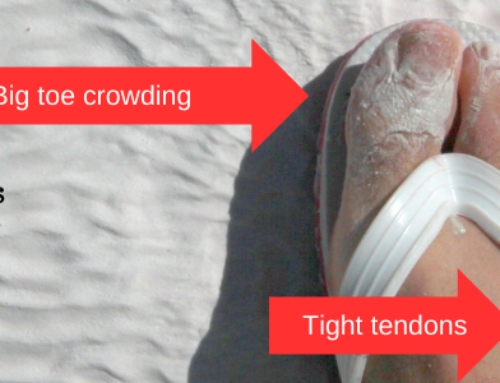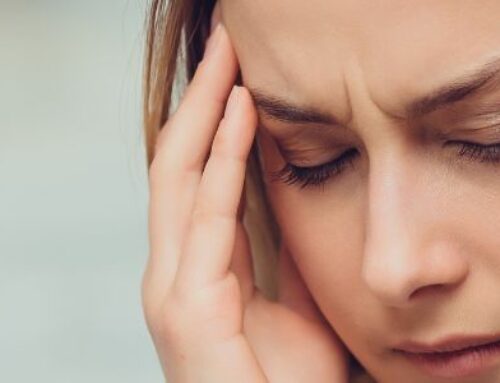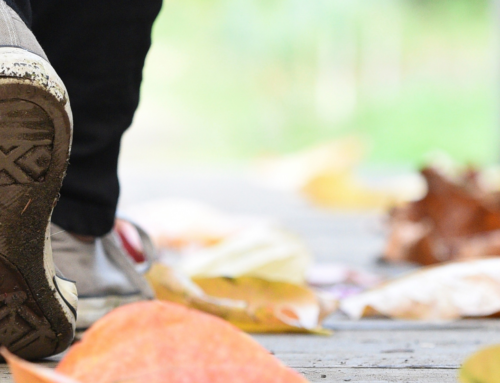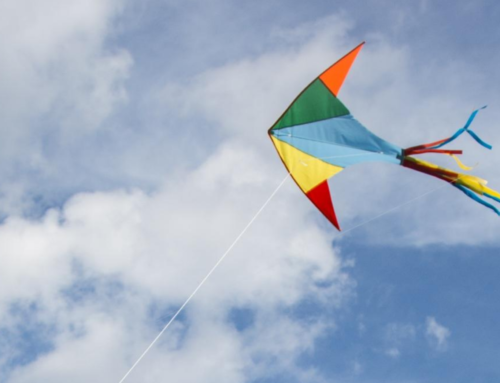Most of us can list a dozen amazing things about living in Austin without skipping a beat. But living, and sleeping, in any large city can chip away at our ability to get a solid night’s sleep. Light pollution from street lights can interrupt the body’s production of sleeping hormones, noise can disrupt deep sleep patterns, and poor indoor air quality may have a greater effect at night than we realize. And if your commute has been growing longer as this city gets larger and more cars are on the road you’re literally shaving time off your sleep meter, per Thomas James Christian, every minute spent commuting reduces sleep time by 0.2205 minute.
According to the latest numbers from the Sleep Foundation the average American is getting 56% less sleep than they need to function at their best. When sleep is cut short the body’s ability to enter into rest-and-repair phases which increase the stress on vital organs and emotional wellness:
- Brain – concentration and problem solving is impaired with sleep loss.
- Heart – new research suggests insomnia can be deadly to the cardiovascular system.
- Depression – insomnia and depression are often seen together and the experience is somewhat akin to whether the chicken or egg came first.
- Endocrine – insomniacs are more likely to have elevated stress hormones like cortisol.
When insomnia has been going on for weeks, months, or years, the body is moving further and further away from a state of balance. Stress hormones chip away at our graceful aging process and leave us with dull, lifeless skin, and the sleep deficit leads to a shoddy memory. I often see the loss of concentration and attention leading to further stress responses as to-do lists are forgotten, and apathy replaces motivation to complete the day’s events.
But there is hope for the sleepless! Getting back your energy, vitality, and zest for life are great goals to build a robust wellness plan around. Here’s how Aromatherapy and Reflexology come into the picture:
Reflexology for Sleep
In my previous article Reflexology in Sickness and Health I talked about Reflexology as a general wellness tool to combat environmental stressors and swing the wellness pendulum back to the mid-line, or homeostasis. My clients hear me talking about this a lot and it is one of the fundamental tools of Reflexology – gently nudging each body system and organ towards balance.
This Reflexology research study describes symptoms with classic insomnia walking into my office:
Research from China suggest that reflexology may be particularly helpful for patients suffering from nervous exhaustion.Twenty patients with a history of neurasthenia (nervous exhaustion) which had lasted between 1 & 8 years were given a course of reflexology at the department of physiotherapy, 52884 Military Hospital.
The patients’ chief symptoms were dizziness, insomnia, memory loss, indigestion and headaches. All had previously received long term medical treatment none of which had helped them.
[…]The reflexology treatments were given daily over a period of seven days and the results were quite remarkable:40% experienced complete ‘cure’, further 35% had greatly improved, and a further 15% had mildly improved. Only 10% showed no change at all to the treatment.
BBC television presenter Kate Humble found Reflexology to be just the ticket for her ‘extreme insomnia.’
Aromatherapy for sleep
Changing the scent of the bedroom can have a positive impact on sleep hygiene – the bedtime routine becomes easier when the room has an inviting, relaxing scent. Choosing aromatherapy over commercial scented products can be beneficial for the insomniac in several ways, including:
- An Aromatherapist will address the insomniac holistically – determining which essential oils and hydrosols are most appropriate based on potential drug interactions, cautions and contraindications, and will avoid repetition in a treatment plan so the client is not at risk of having adverse reactions or overdoing a good thing.
- Essential oils and hydrosols are obtained from plants and do not pose the same health risks that artificial fragrances do. Skip the hormone-disrupting fabric softener and reach for a bottle of Lavender (Lavandula angustifolia) floral water instead!
- Something as simple as inhaling an essential oil can have a huge impact on short-term stress response – like this study on using Orange essential oil to reduce cortisol and heart rate in a classic anxiety-inducing visit to the dentist’s office.
Preparing for your appointment
If you’re planning to come in and give a one-two punch with Aromatherapy and Reflexology to your upside-down sleep mortgage you’ll be happy to have a couple of guidelines to set your expectations. I recommend booking your appointment at a time of day when you are most likely to be able to rest for an hour. Reflexology is often attributed to feeling like you’ve just had a four-hour nap so you’ll want to plan for a period of rest followed by a period of low-intensity activities. Schedule your second Reflexology appointment as close to the first as you can manage with your schedule, two or three days later at the earliest, a week to ten days at the latest. We want to send a strong message with Reflexology that your body can interpret into lengthening and deepening your sleep routines.
Consider your sleep hygiene – that routine you have just before going to sleep, that you would most like to influence with an aromatherapy intervention before you come in for your appointment. Some clients request two interventions – one to assist with relaxation in the evening, and a second to assist with stress and low energy levels during the day. Keep this in mind when considering what tools will be most helpful for you as you incorporate these new routines into your daily wellness plan.
Ready to book? You can request an appointment through the online scheduler, or get in touch with me via email or phone to ask any questions or get recommendations prior to scheduling.









Leave a Reply